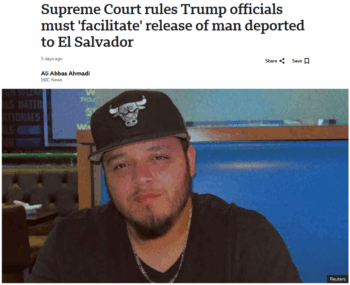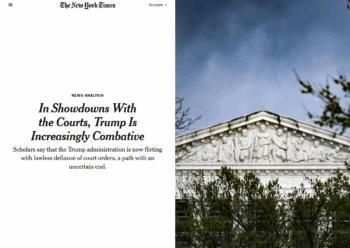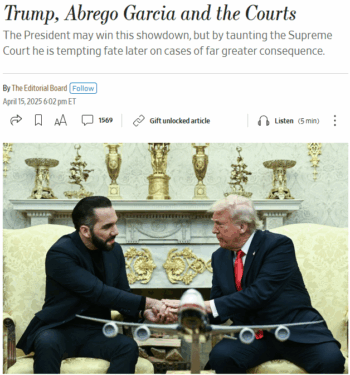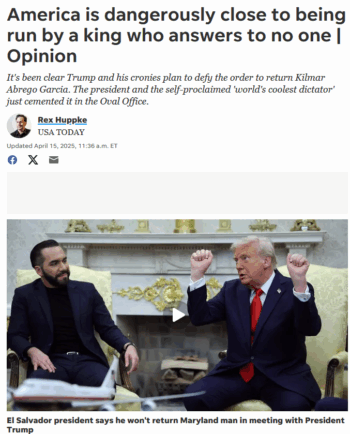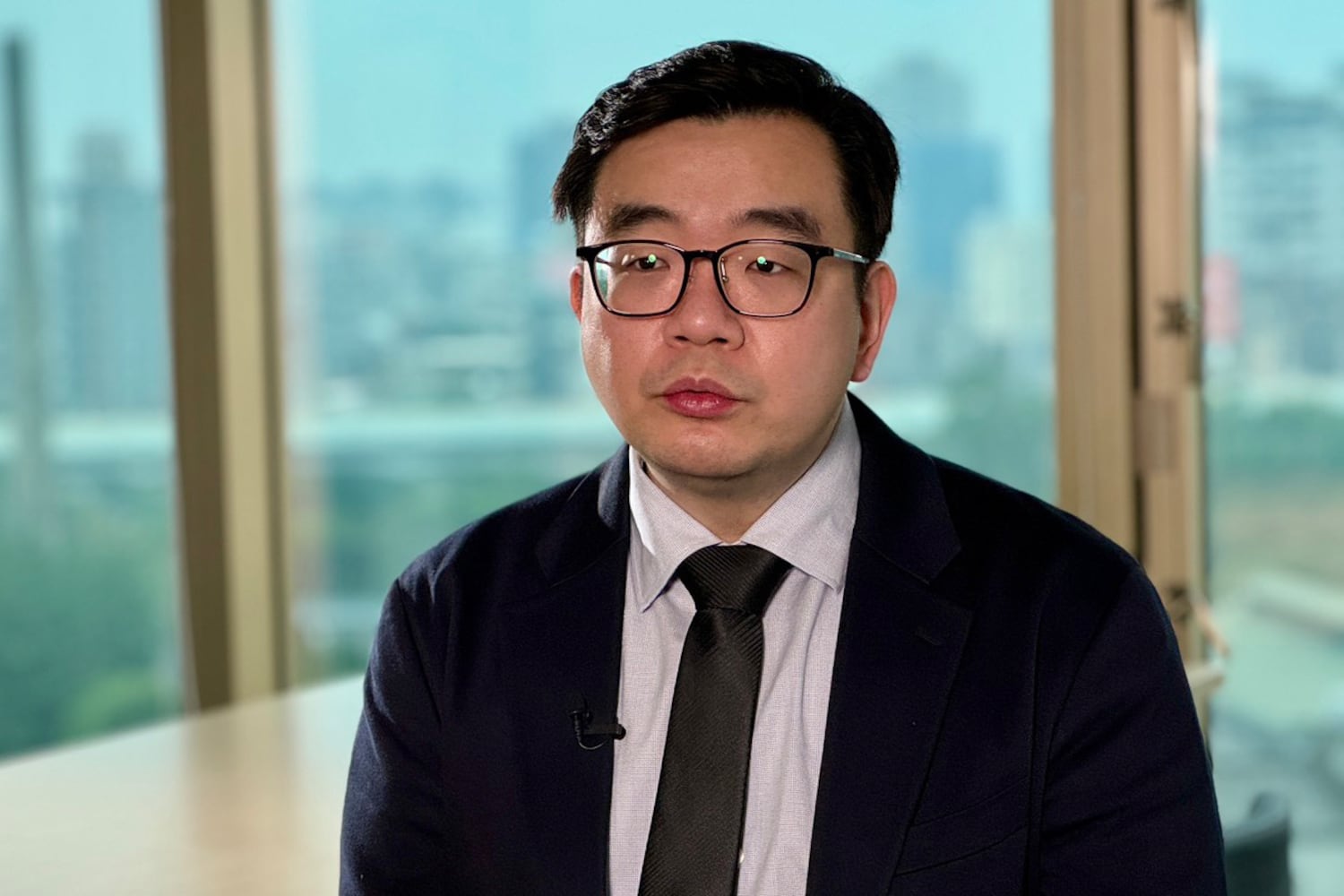This story was produced by Grist and co-published with High Country News.
Jill Falcon Ramaker couldn’t believe what she was hearing on the video call. All $5 million dollars of her and her colleagues’ food sovereignty grants were frozen. She watched the faces of her colleagues drop.
Ramaker is Turtle Mountain Anishinaabe and the director of Buffalo Nations Food Sovereignty at Montana State University – a program that supports Indigenous foodways in the Rocky Mountains and trains food systems professionals – and is supported by the United States Department of Agriculture, or USDA.
“The funding that we had for training and infrastructure leading to raising our own foods that are healthy and not highly processed and culturally appropriate, has stopped.” Ramaker said. “We don’t have any information on when, or if, it will resume.”
In his first two months in office, President Trump has signed over 100 executive orders, many specifically targeting grants for termination that engage with diversity, equity, and inclusion initiatives and climate-related projects associated with the Inflation Reduction Act. Climate change destroys the places and practices central to Indigenous peoples in the United States, and is exacerbated by droughts and floods that also affect foods essential to Native cultures. Food sovereignty programs play a crucial role in fighting the effects of climate change by creating access to locally grown fruits, vegetables, and animal products.
“It feels like we’re just getting started in so many ways,” Ramaker said.
The funding freeze from the USDA is sending shockwaves throughout the nation’s agriculture sector, but their effect on tribal food initiatives raises even larger questions about what the federal government’s commitments are to Indigenous nations. That commitment, known as the federal Indian trust responsibility, is a legally enforceable obligation by the federal government to protect Indigenous lands, assets, resources and rights. It is grounded in treaties made with Indigenous nations in exchange for the vast tracts of land that allowed America to expand westward.
“That general trust responsibility I think absolutely encompasses food sovereignty and tribes ability to cultivate their lands,” said Diné attorney Heather Tanana at the University of California Irvine.
As the U.S. gained territory in the 19th century, Indigenous nations were largely successful at resisting incursions by settlers. Because tribes were typically more powerful, militarily, then American forces, federal officials turned to peace treaties with tribes. Often, these treaties signed away large areas of territory but reserved certain areas for tribal use, now known as federal Indian reservations, in exchange for guarantees like medical aid, protection, and food. Some tribes specifically negotiated to preserve traditional food practices in their treaty rights. Examples include the right to hunt in the Fort Bridger Treaty for tribes in the mountain west, the right to fish in the Medicine Creek Treaty in the pacific northwest, and the right to gather plant medicines.
“It would be odd not to consider the federal responsibility of including food security along with water access and healthcare services,” Tanana said.
But the United States has failed to uphold those obligations, taking land and then ignoring legal responsibilities, including provisions for food and sustenance. Hunting, fishing and gathering rights weren’t upheld and in the mid-1800s rations designed to replace traditional foods that were delivered to reservations were “low cost and shelf-stable” while many arrived to reservations rotten. Combined with federal policies that prevented tribal citizens from leaving their reservations to hunt and gather, malnutrition was widespread. For instance, a quarter of those on the Blackfoot reservation in Montana died of starvation in the winter of 1884.
In 1974, the USDA began its Food Distribution Program on Indian Reservations. The monthly package of foods like flour, beef, and coffee, colloquially known as “commodities” or “commods,” was meant to provide Indigenous households with breads, fats, and sugars. But many of the foods provided by the USDA were, and remain, low in nutritional value, contributing to high rates of obesity-related diseases and other health issues. In 2023, around 50,000 Indigenous people per month accessed the program.
“That’s what we are trying to address with Buffalo Nations,” Jill Falcon Ramaker said. “Our communities have gone through a lot.”
Montana’s reservations continue to be hit hard by lack of healthy foods, and roughly 25 percent of Indigenous people face food insecurity.
Last year the Biden administration announced new initiatives aimed at strengthening tribal food sovereignty. This included funding meat processing facilities, support for Indigenous children’s nutrition in schools, and food and agriculture internships for those in higher education. The administration’s goal was to directly address the adverse effects of climate change on Indigenous peoples, as tribes are often “disadvantaged communities that are marginalized by underinvestment and overburdened by pollution.”
However, it’s unclear just how many programs the Biden administration funded or how much money went to those efforts. A request to the USDA for a list of food sovereignty grants was not answered.
“USDA is reviewing the programs for which payments have been on hold to ensure they align with the Department’s goals and priorities,” a spokesperson said in an email statement. “Secretary Rollins understands that farmers and ranchers, and other grant-funded entities that serve them, have made decisions based on these funding opportunities, and that some have been waiting on payments during this government-wide review. She is working to make determinations as quickly as possible.”
Earlier this month, the Pueblo of Iseta, Prairie Band Potawatomi Nation, and Cheyenne Arapaho Tribes along with five Indigenous students sued the Trump administration for violation of trust and treaty responsibilities after cutting funding to the Bureau of Indian Education. The cuts resulted in staff reductions at tribal colleges like Haskell Indian Nations University and Southwestern Polytechnic Institute and the lawsuit alleges that the move is a violation of federal trust obligations.
“Tribes have not historically had a good experience hearing from the government,” said Carly Griffith Hotvedt, an attorney and director of the Indigenous Food and Agriculture Initiative and member of the Cherokee Nation. “That doesn’t always work out for us.”
Hotvedt added the way the Trump administration is playing whack-a-mole with funding tribal food programs will continue to erode the little trust Indian country has in the federal government.
In Montana, Jill Ramaker said Buffalo Nations had planned to build a Food Laboratory in partnership with local tribes. The project would have developed infrastructure and research for plains Indigenous food systems. That plan is now permanently on hold for the foreseeable future.
“We are used to and good at adapting,” said Ramaker. “But it’s going to come at a tremendous cost in our communities.”
This story was originally published by Grist with the headline How Trump’s funding freeze for Indigenous food programs may violate treaty law on Mar 31, 2025.
This content originally appeared on Grist and was authored by Taylar Dawn Stagner.
This post was originally published on Radio Free.

